TikTok app banned at all Florida state universities in US
The State University System of Florida Board of Governors has banned the social media app TikTok, along with some other software, applications, and developers, from use on university-owned devices over cybersecurity concerns.
Florida State University System banned TikTok and other apps “due to the continued and increasing landscape of cyber threats,” US media on Saturday cited university officials as saying.
In a memo sent to state university system presidents on Wednesday, Chancellor Ray Rodrigues said, “This regulation requires institutions to remove technologies published in the State University System (SUS) Prohibited Technologies List from any university-owned device and to block network traffic associated with these technologies.”
“Data privacy, particularly concerning student data and faculty research, is a critical priority for the State University System of Florida,” the Board of Governors said in a statement to CNN.
Florida state universities ban follows suit after many other colleges and universities across the United States have established the same move.
Besides TikTok, the list of technologies banned by Florida state universities includes Kaspersky, VKontakte, Tencent QQ, WeChat, and any subsidiary or affiliate.
Bans and restrictions on social media platforms like TikTok have been on the rise in the United States and Europe due to mounting concerns over privacy, national security, and child safety.
In Utah, a bill was recently signed requiring teens to obtain parental consent before using social media platforms. The United Kingdom’s Information Commissioner’s Office fined TikTok for several data protection law violations, while Italy is currently investigating the app for “dangerous content.” Earlier this week, Australia banned the use of TikTok on all government devices, citing national security concerns.
In response, China’s commerce ministry called for fair treatment of all tech firms, including TikTok.
Earlier, China’s commerce ministry had said it would oppose to the moves forcing the sale of popular Chinese-owned app.
Forcing the sale of the app would “seriously undermine the confidence of investors from various countries, including China, to invest in the United States,” a commerce ministry spokeswoman said at a news conference.
To address the distrust in the US intelligence community surrounding the short-form video app’s handling of US user data, TikTok said it had tightened its data privacy measures for American users.
TikTok spokesperson Hilary McQuaide said that more than 150 million Americans, including university students and teachers, used TikTok to engage in educational activities.
China sees the US-led bans on Chinese firms, including Tik Tok, as part of Washington's anti-Beijing policies.
In this regard, Chinese Foreign Ministry spokesperson Mao Ning said in late February that the US government ban on Chinese-owned video-sharing app TikTok revealed Washington’s own insecurities and is an abuse of state power.
Washington “has been overstretching the concept of national security and abusing state power to suppress other countries’ companies,” Mao Ning said. “How unsure of itself can the US, the world’s top superpower, be to fear a young person’s favorite app to such a degree?”
Israeli general threatened with arrest for treating Palestinian as ‘human animals’
Iran’s daily gas use hits new high of 874 mcm
Jewish group urges London police to reverse ban on pro-Palestine protest
Missile fired from Yemen triggers sirens in Israeli-occupied territories
Iran’s petchem exports to hit $13bn in year to March: NPC chief
Iran, E3 diplomats meet in Geneva to discuss removal of sanctions
VIDEO | Press TV's News Headlines
Israeli captives’ families scold Smotrich for opposing Gaza deal


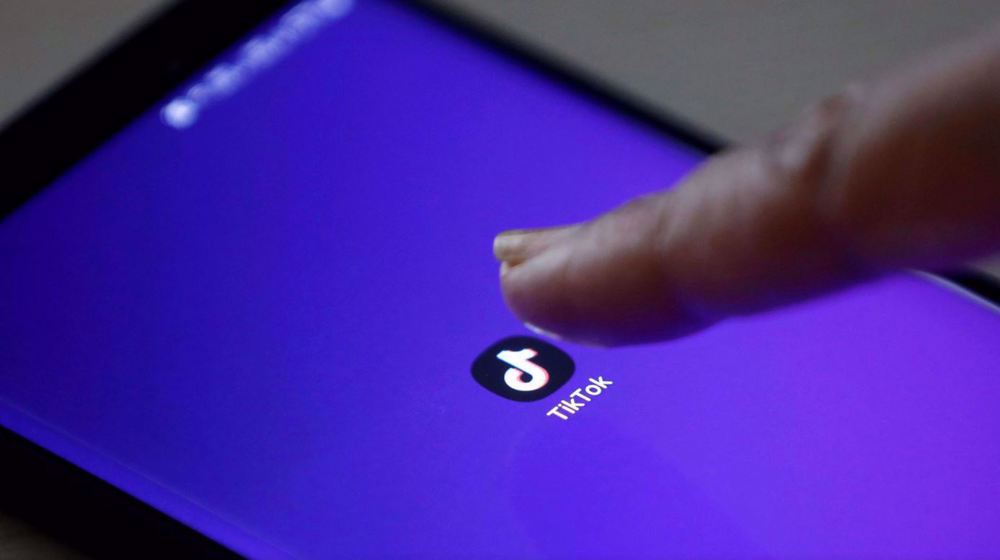
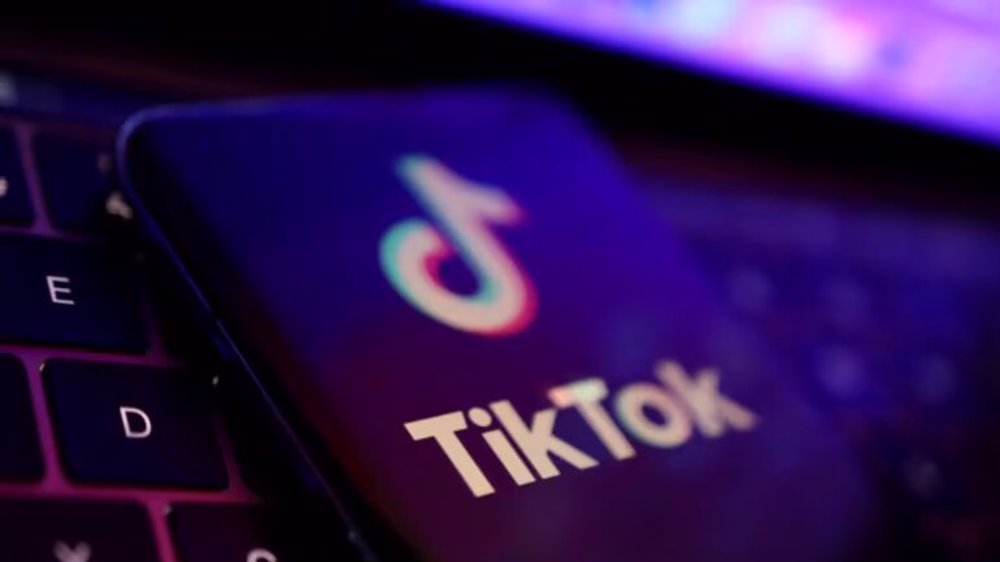
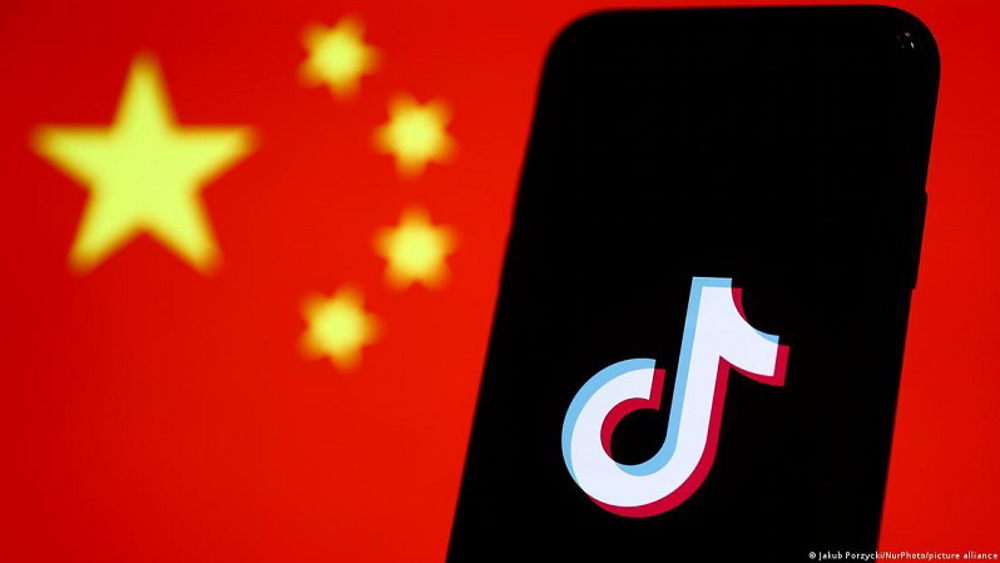

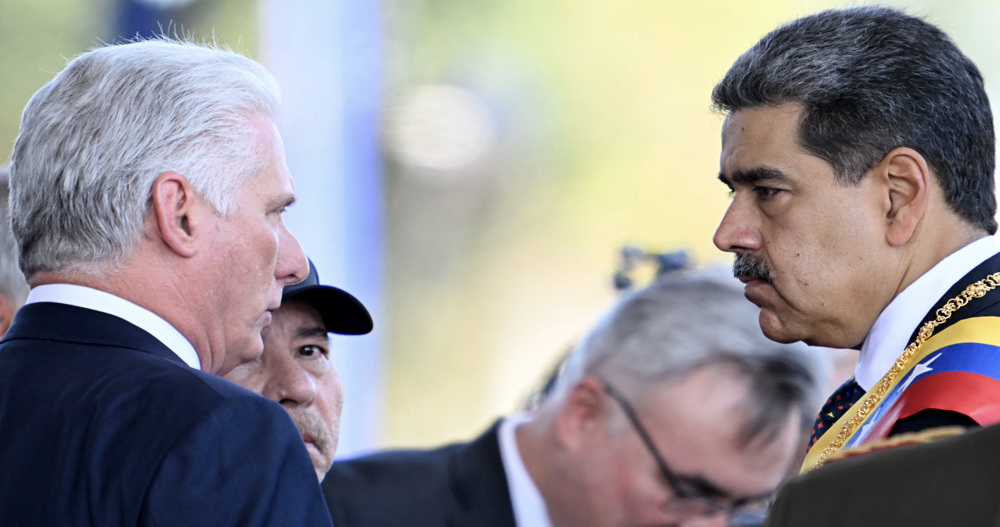




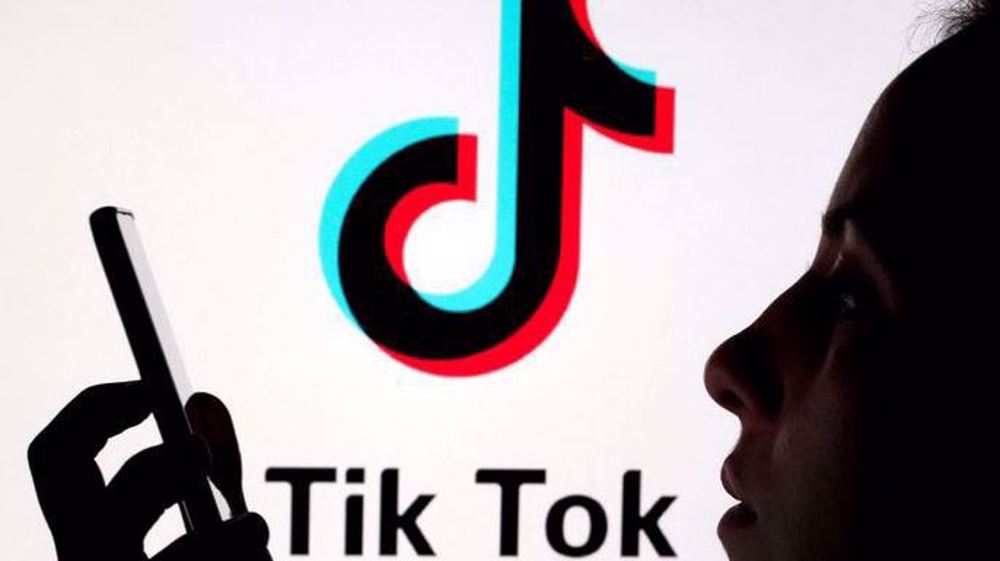
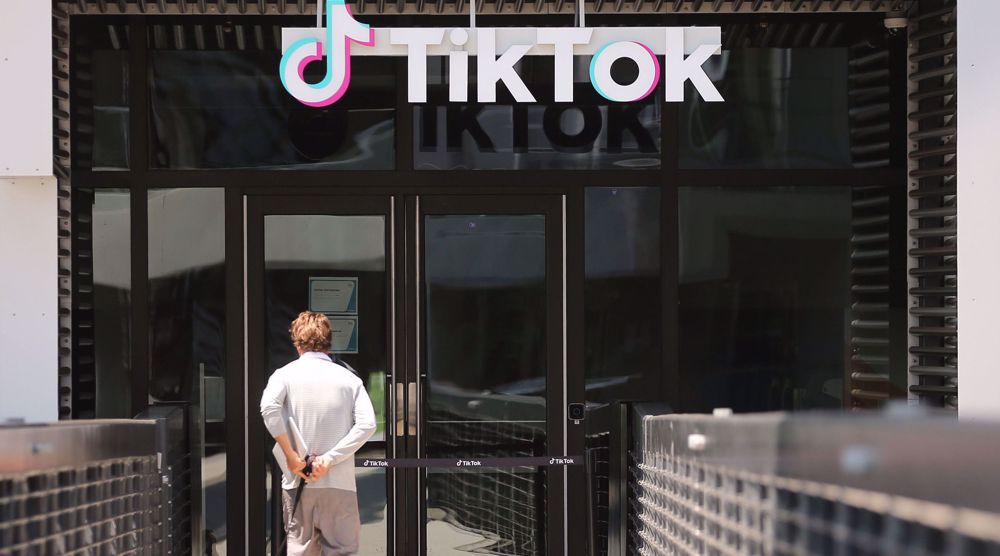

 This makes it easy to access the Press TV website
This makes it easy to access the Press TV website